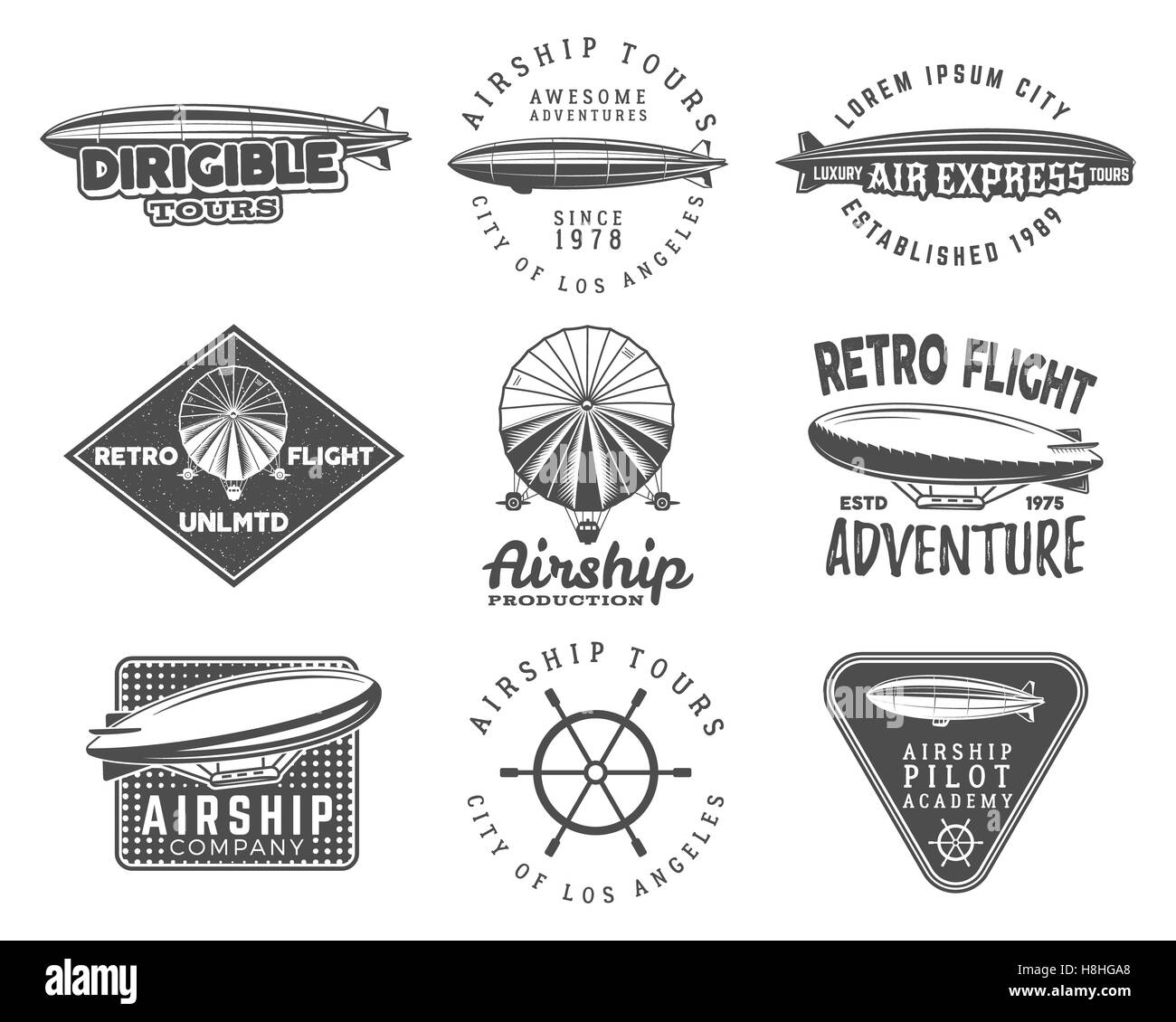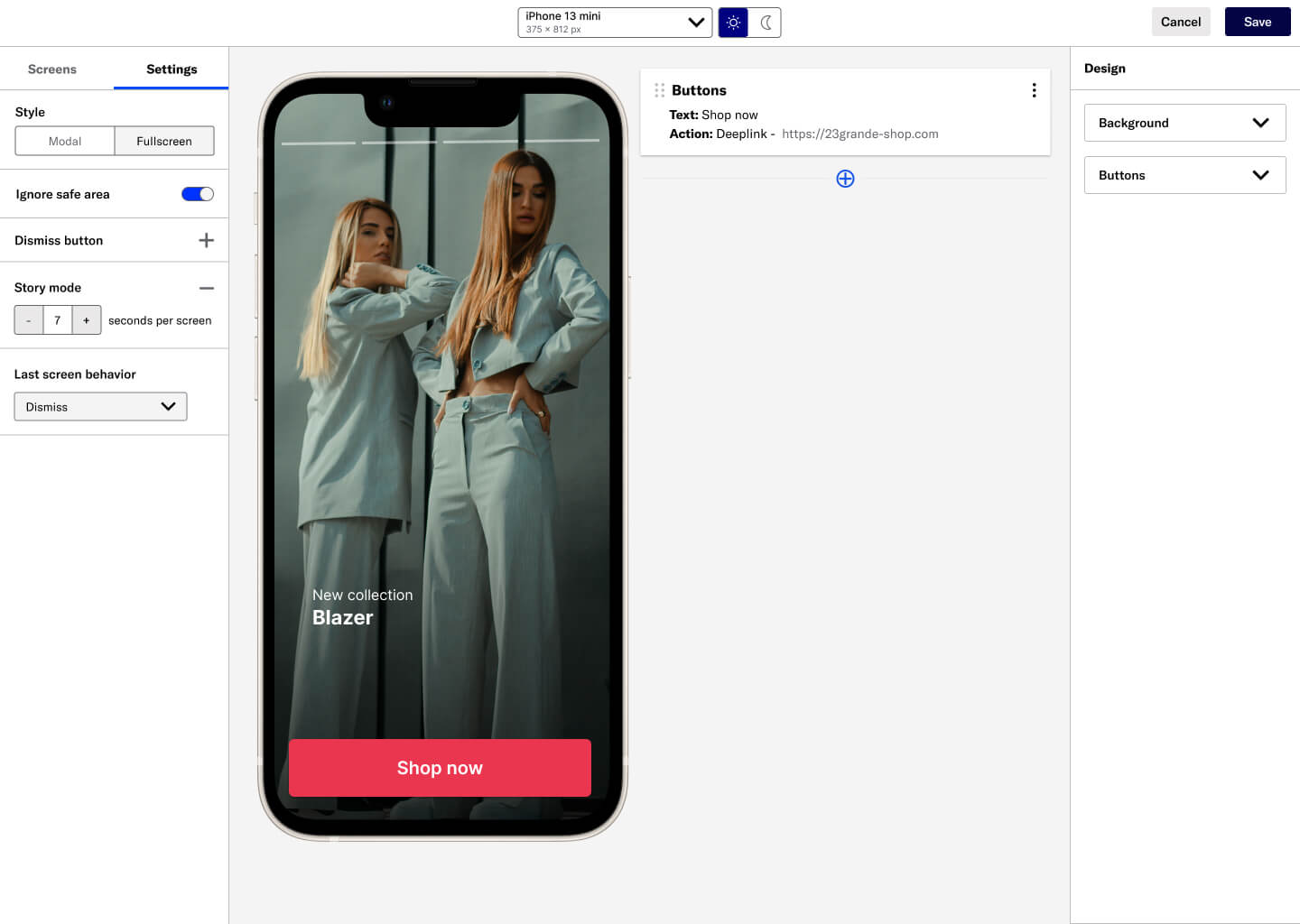
Airship: Complete Buyer's Guide
Transforming mobile engagement for ecommerce retailers
Airship is a comprehensive mobile engagement platform that transforms how ecommerce retailers orchestrate customer experiences across 11 communication channels. The company's unified journey orchestration combines traditional mobile messaging with AI-powered personalization capabilities, addressing the critical challenge of mobile cart abandonment rates that average 70% for unoptimized experiences[43][48].
Market Position & Maturity
Market Standing
Airship operates in a fragmented mobile engagement market where specialized players serve different aspects of ecommerce optimization, competing primarily against Braze, OneSignal, and Adobe Target[50].
Company Maturity
The company's market position reflects mature enterprise SaaS operations with documented customer success across multiple industries and established support infrastructure.
Growth Trajectory
Customer base composition reveals 70% of customers operating dedicated mobile applications, indicating strong market focus on app-enabled retailers rather than web-only commerce businesses[37][52][55].
Industry Recognition
Customer preference patterns indicate 45% of retail clients choose Airship for preference center capabilities that capture zero-party data for segmentation, suggesting strong market validation for their core value proposition[37][39].
Strategic Partnerships
Strategic partnerships and ecosystem positioning remain less documented in available research, though the platform's API-first architecture and SDK availability suggest focus on technical integration rather than strategic channel partnerships[46][56].
Longevity Assessment
The platform's ability to serve customers like Orange France, CIMB Bank, and Alaska Airlines demonstrates operational scale and enterprise readiness[37][52][55].
Proof of Capabilities
Customer Evidence
Orange France achieved 30x higher survey response rates using Airship's no-code AI tools, transforming their customer feedback collection strategy without requiring technical development resources[37][53].
Quantified Outcomes
CIMB Bank reported 25% engagement lift from AI-driven messaging across 15 million customer interactions, showcasing the platform's ability to deliver measurable improvements at enterprise scale[55].
Case Study Analysis
OneFootball documented 25% completion rates for AI-generated experiences with 40% user satisfaction scores, proving the effectiveness of automated journey orchestration in maintaining user engagement while reducing manual campaign management[54].
Market Validation
Market validation comes through measurable customer outcomes across diverse industries, from financial services (CIMB Bank's 25% engagement lift across 15 million interactions) to travel (Alaska Airlines' 68% opt-in rates) and ecommerce (bol marketplace's 3x higher opt-in rates)[52][53][55].
Competitive Wins
Competitive displacement evidence shows customers choosing Airship for unified orchestration capabilities over point solutions, with 45% of retail clients specifically selecting the platform for preference center capabilities that capture zero-party data[37][39].
Reference Customers
Enterprise customers like Orange France, CIMB Bank, and Alaska Airlines demonstrate operational scale and enterprise readiness[37][52][55].
AI Technology
Airship's technical foundation centers on unified journey orchestration powered by machine learning models trained on 3B+ devices, though the business impact of this training data volume requires validation in ecommerce-specific contexts[40][47].
Architecture
Technical architecture supports both web and mobile implementations through JavaScript SDK for web integration and iOS/Android SDKs for mobile applications[46][56]. The platform's API-first design enables integration with existing ecommerce tech stacks, though legacy CRM integrations typically add 3-5 weeks to implementation timelines[46][51][55].
Primary Competitors
Braze, OneSignal, and Adobe Target[50].
Competitive Advantages
Primary competitive advantages center on unified journey orchestration across 11 communication channels, distinguishing Airship from point solutions that require multiple vendor relationships[43][48].
Market Positioning
Market position indicators reveal 45% of retail clients choosing Airship for preference center capabilities that capture zero-party data for segmentation, suggesting strong competitive validation for their core value proposition[37][39].
Win/Loss Scenarios
Win/loss scenarios favor Airship for mobile-first retailers with dedicated applications seeking cross-channel automation, while alternatives may better serve web-only retailers or organizations requiring sophisticated product recommendation engines[37][39][45][50][51].
Key Features

Pros & Cons
Use Cases
Integrations
Pricing
Featured In Articles
Comprehensive analysis of Mobile Optimization for Ecommerce for Ecommerce businesses and online retailers. Expert evaluation of features, pricing, and implementation.
How We Researched This Guide
About This Guide: This comprehensive analysis is based on extensive competitive intelligence and real-world implementation data from leading AI vendors. StayModern updates this guide quarterly to reflect market developments and vendor performance changes.
56+ verified sources per analysis including official documentation, customer reviews, analyst reports, and industry publications.
- • Vendor documentation & whitepapers
- • Customer testimonials & case studies
- • Third-party analyst assessments
- • Industry benchmarking reports
Standardized assessment framework across 8 key dimensions for objective comparison.
- • Technology capabilities & architecture
- • Market position & customer evidence
- • Implementation experience & support
- • Pricing value & competitive position
Research is refreshed every 90 days to capture market changes and new vendor capabilities.
- • New product releases & features
- • Market positioning changes
- • Customer feedback integration
- • Competitive landscape shifts
Every claim is source-linked with direct citations to original materials for verification.
- • Clickable citation links
- • Original source attribution
- • Date stamps for currency
- • Quality score validation
Analysis follows systematic research protocols with consistent evaluation frameworks.
- • Standardized assessment criteria
- • Multi-source verification process
- • Consistent evaluation methodology
- • Quality assurance protocols
Buyer-focused analysis with transparent methodology and factual accuracy commitment.
- • Objective comparative analysis
- • Transparent research methodology
- • Factual accuracy commitment
- • Continuous quality improvement
Quality Commitment: If you find any inaccuracies in our analysis on this page, please contact us at research@staymodern.ai. We're committed to maintaining the highest standards of research integrity and will investigate and correct any issues promptly.